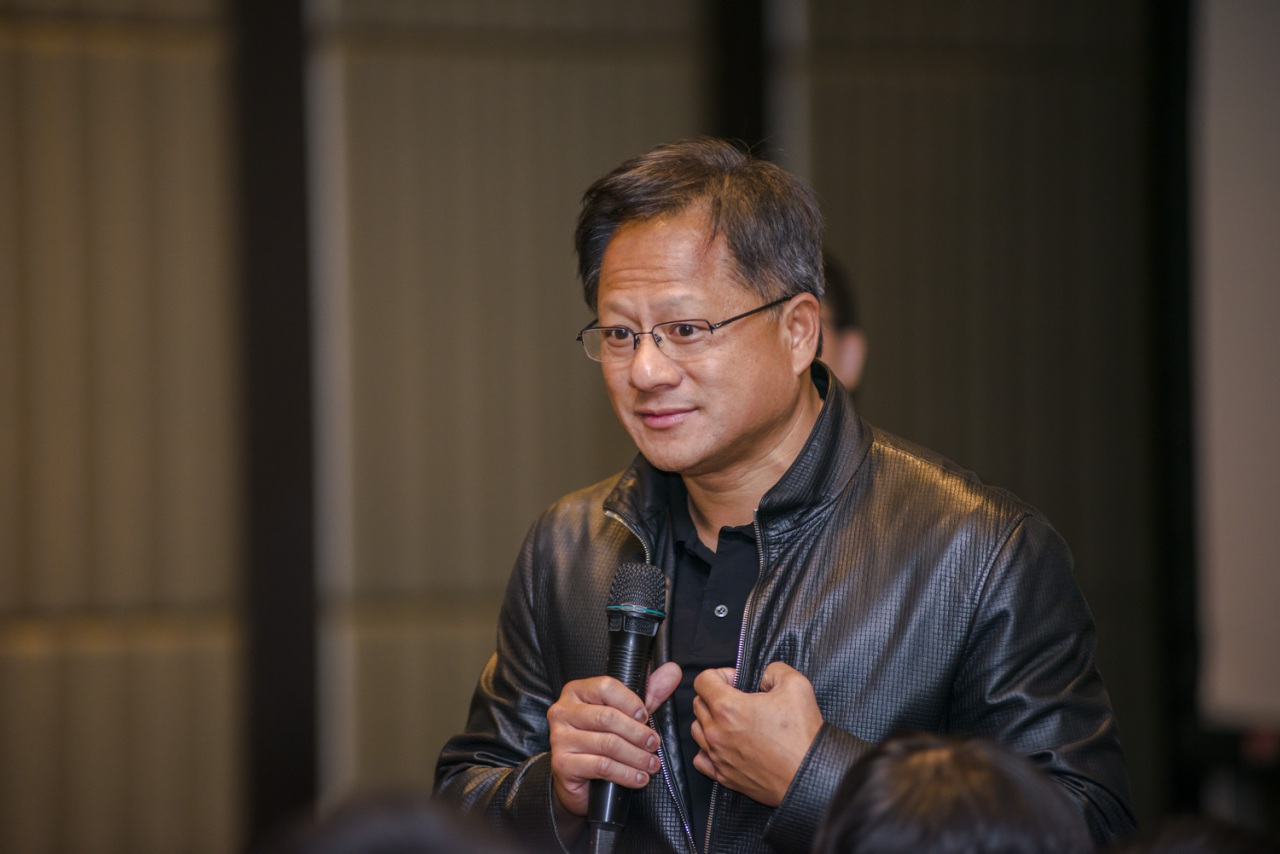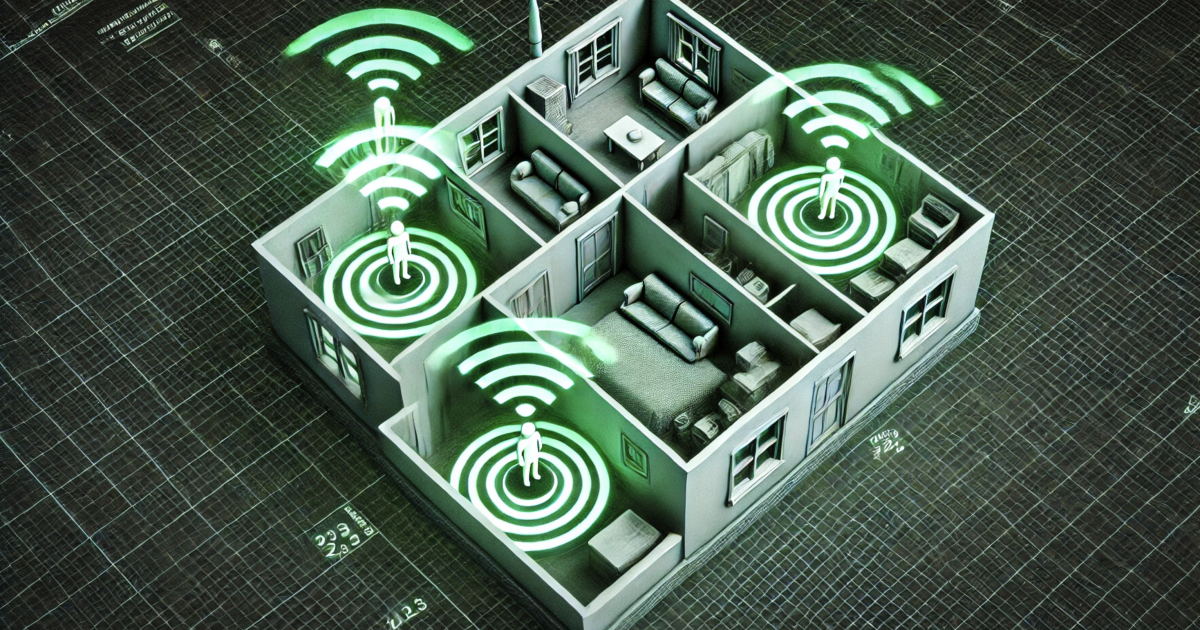Jensen Huang, CEO of NVIDIA, believes robots are poised to become the next frontier in artificial intelligence. The top executive believes self-driving cars and humanoid robots will be the two leading forces within this domain.
Huang made the thought-provoking predictions about the newfangled technology at the Taiwan developer conference, claiming coding will potentially decline as a primary career path for the next generation.
He also indicated that we might be on the cusp of the next major leap in artificial intelligence. These views suggest we may be moving beyond AI applications like Copilot and ChatGPT.
Jensen Huang: ‘Robots Are the Next Wave of AI’
During the presentation, Huang showcased humanoid robots, highlighting his belief that Physical AI represents the next stage in artificial intelligence development, as reported by Business Insider.
To those unaware, Physical AI alludes to robots that interact with the physical world. “The next wave of AI is physical AI. AI that understands the laws of physics. AI that can work among us,” said Huang.
“Everything is going to be robotic. All of the factories will be robotic. The factories will orchestrate robots and those robots will be building products that are robotic,” he added. It is no secret that tech giants that are at the forefront of AI development rely heavily on NVIDIA’s GPUs to fuel their advancements.
Last year, Yann LeCun, Meta’s chief AI scientist and a deep learning pioneer, described Huang’s role in the competitive AI landscape as akin to ‘supplying the weapons’ for an ongoing race.
Microsoft and OpenAI have teamed up on a $100 billion project named Stargate to address the ever-increasing demands of their AI research. This initiative aims to provide the necessary resources and custom-designed AI chips to fuel their groundbreaking work.
Will Robots Be Our Partners or Replacements?
NVIDIA’s dominance in AI hardware and software enables it to capitalise on the potential growth of physical AI and humanoid robots, which are emerging as strong contenders for the next frontier in artificial intelligence development.
In February, when reports surfaced regarding OpenAI’s potential $7 trillion fundraising effort, Huang expressed confidence that advancements in computing technology will lead to a more cost-effective path for artificial intelligence development in the coming years.
Additionally, Huang anticipates self-driving cars and humanoid robots to be at the forefront of the physical AI revolution, leading to their widespread adoption. While self-driving cars aren’t entirely novel, with Tesla’s rapid progress serving as a prime example, Huang’s predictions hold significant weight, suggesting a future heavily reliant on these robotic advancements.
Ahead of the highly-anticipated transition to physical AI, NVIDIA developed a virtual training ground – a “robot gym” – for robots to hone their skills. Here, robots can refine everything from motor tasks like grasping objects to complex navigation within environments like warehouses before venturing into the real world.
“The easiest robot to adapt into the world are humanoid robots because we built the world for us. We also have the most amount of data to train these robots than other types of robots because we have the same physique,” Huang said.
In March, Huang demonstrated his enthusiasm for the field and called building models for robots “one of the most exciting problems to solve in AI today.” NVIDIA’s commitment extends beyond theory, with strategic investments in robotics startups like Figure AI, which is developing robots to tackle hazardous warehouse tasks.
“This isn’t the future. This is happening now,” Huang said on Sunday. Nvidia’s stock price has surged 180% over the past year.







